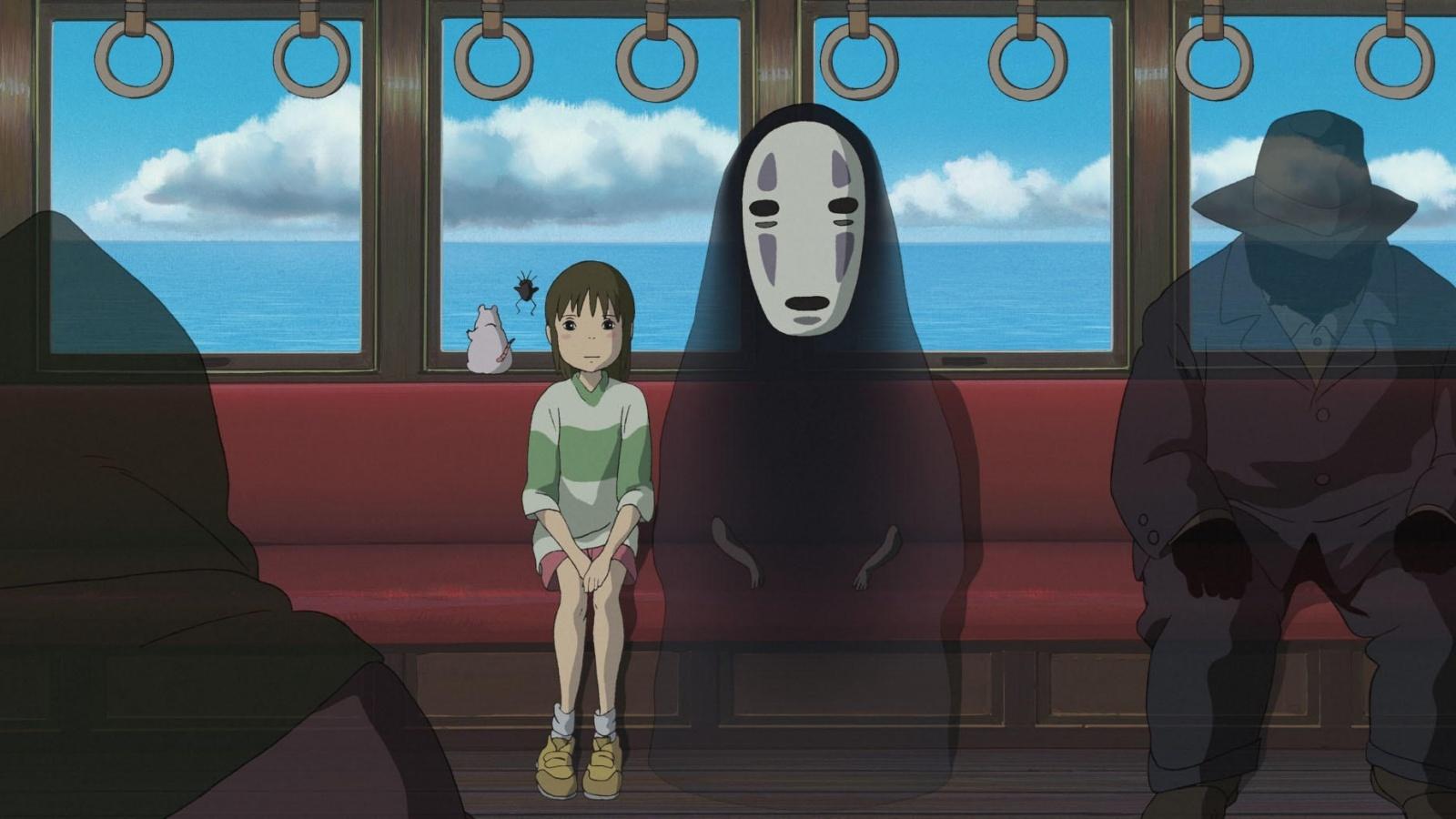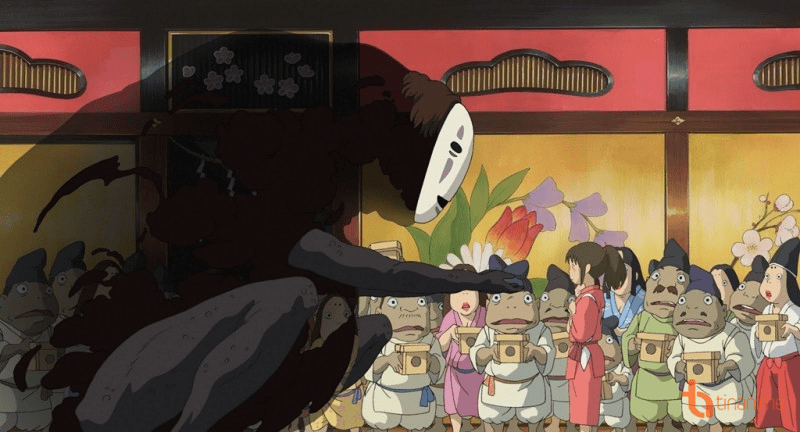Spirited Away is a classic film from Studio Ghibli released in 2001. Even though many years have passed, it remains one of the best animated films ever made. However, despite the main character being a child and the film’s focus on Yokai (supernatural beings), its content is far from childlike. In fact, one of the most remarkable aspects of this film is its complexity and the multitude of hidden meanings.
The story revolves around Chihiro, a girl who wanders into the Yokai world in search of a way to save her parents. However, the world she encounters is much harsher than she expected, as it is ruled by a witch who transforms her parents into pigs.
One of the central mysteries of Spirited Away is the identity of No-Face, a spirit that plays a significant role in the storyline. While he is merely a supporting character, No-Face contributes importantly to the plot and raises questions about his true nature. Now, the creator Miyazaki Hayao has opened up about this enigmatic character.

Nippon TV has organized a weekly film screening program called Kinyo Roadshow, during which Spirited Away will take the lead slot for 2024. In this event, Nippon TV tweeted details about the film, including a rare message from Miyazaki Hayao that few people were aware of.
According to Miyazaki’s post, “There are many people like No-Face among us… They appear to be the type of person who wants to cling to others without realizing their own identity. They exist everywhere.”

More than two decades ago, Miyazaki Hayao revealed the identity of No-Face in Spirited Away, which has been recognized by many who are passionate about the film. This character does not have a specific identity. Instead, No-Face simply represents a physical manifestation of the concept of identity itself. He adapts to the various characters he encounters, which is why No-Face remains difficult to interpret throughout the film.
Initially, No-Face offers gold to others to gain their acceptance, but his greed escalates quickly after that. Later, he meets Chihiro and begins to influence her character. By the end of the film, he decides to live with Zeniba, suggesting a sense of resolution and identity.





















